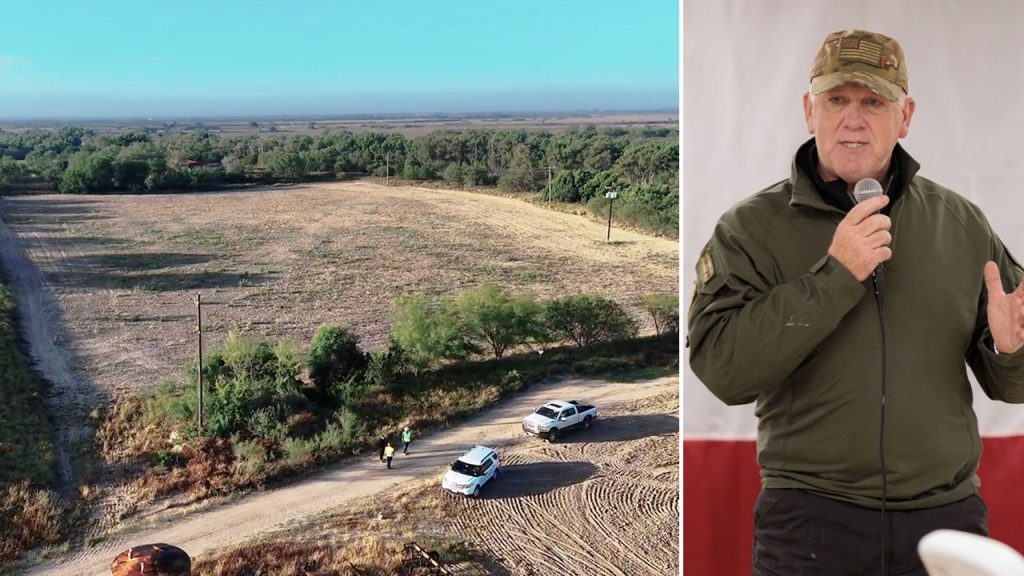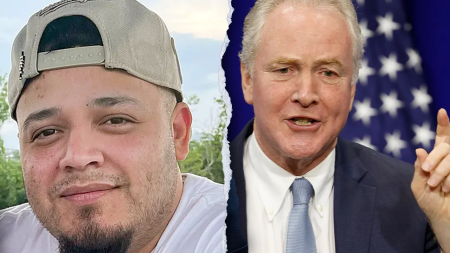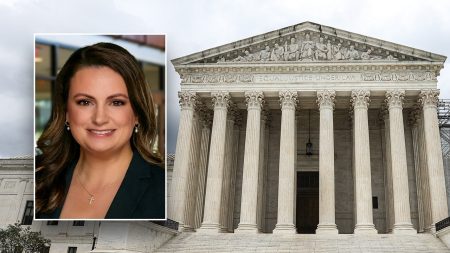Tom Homan, appointed border czar by President-elect Trump, is spearheading a planned mass deportation operation and has embraced Texas’s offer of 1,402 acres of land in Starr County, located in the Rio Grande Valley sector near the border, to facilitate this initiative. The land, purchased by Texas from a ranch owner in October, will serve as a staging ground for processing, detaining, and coordinating the removal of individuals deemed to be violent criminals residing in the country illegally. This strategic acquisition eliminates the lengthy and often costly process of federal land acquisition, allowing the incoming administration to expedite its deportation efforts.
Homan is actively developing a comprehensive plan for the land’s utilization, envisioning a dynamic flow of individuals through the facility before their placement on deportation flights. He lauded Texas Governor Greg Abbott’s commitment to border security, referencing the state’s ongoing construction of its own border wall, which includes sections in Starr County. The land, previously a ranch, was identified as a hub for drug smuggling and human trafficking, underscoring its strategic importance for border enforcement activities.
Texas Land Commissioner Dawn Buckingham expressed her eagerness to collaborate with Homan and finalize the land agreement upon the commencement of the Trump administration in January 2025. Buckingham highlighted the protracted impact of what she terms President Biden’s “broken border policies” on Texans and Americans and emphasized her commitment to assisting the incoming administration in removing violent criminals and enhancing the safety of American families. The land acquisition was initially intended to facilitate further border wall construction, a project halted by the Biden administration.
The offer of land from Texas comes as President-elect Trump has prominently featured mass deportation as a central tenet of his 2024 campaign. This initiative aims to address what he perceives as a critical national security and public safety concern. Homan’s appointment as border czar underscores Trump’s commitment to fulfilling this campaign promise and signifies the administration’s intention to prioritize immigration enforcement.
This proposed deportation operation has generated a polarized response, with some states expressing support and others signaling opposition. Texas’s proactive offer of land demonstrates the state’s alignment with the incoming administration’s border security priorities. Conversely, officials in states like Arizona, Illinois, and California have indicated their unwillingness to cooperate with federal deportation efforts, reflecting a divergent approach to immigration enforcement. This contrast underscores the complex interplay between federal and state authority in immigration matters.
The planned mass deportation operation raises several key considerations, including legal challenges, logistical complexities, and the potential human impact on affected individuals and communities. The operation’s scale and the stated focus on violent criminals necessitate a robust legal framework to ensure due process and avoid potential constitutional violations. Logistical hurdles will include the identification, apprehension, detention, and transportation of a significant number of individuals, requiring substantial resources and coordination. Furthermore, the human impact of separating families and uprooting individuals from their communities warrants careful consideration. The varying stances of different states on cooperation with federal deportation efforts further complicate the implementation of this initiative.










